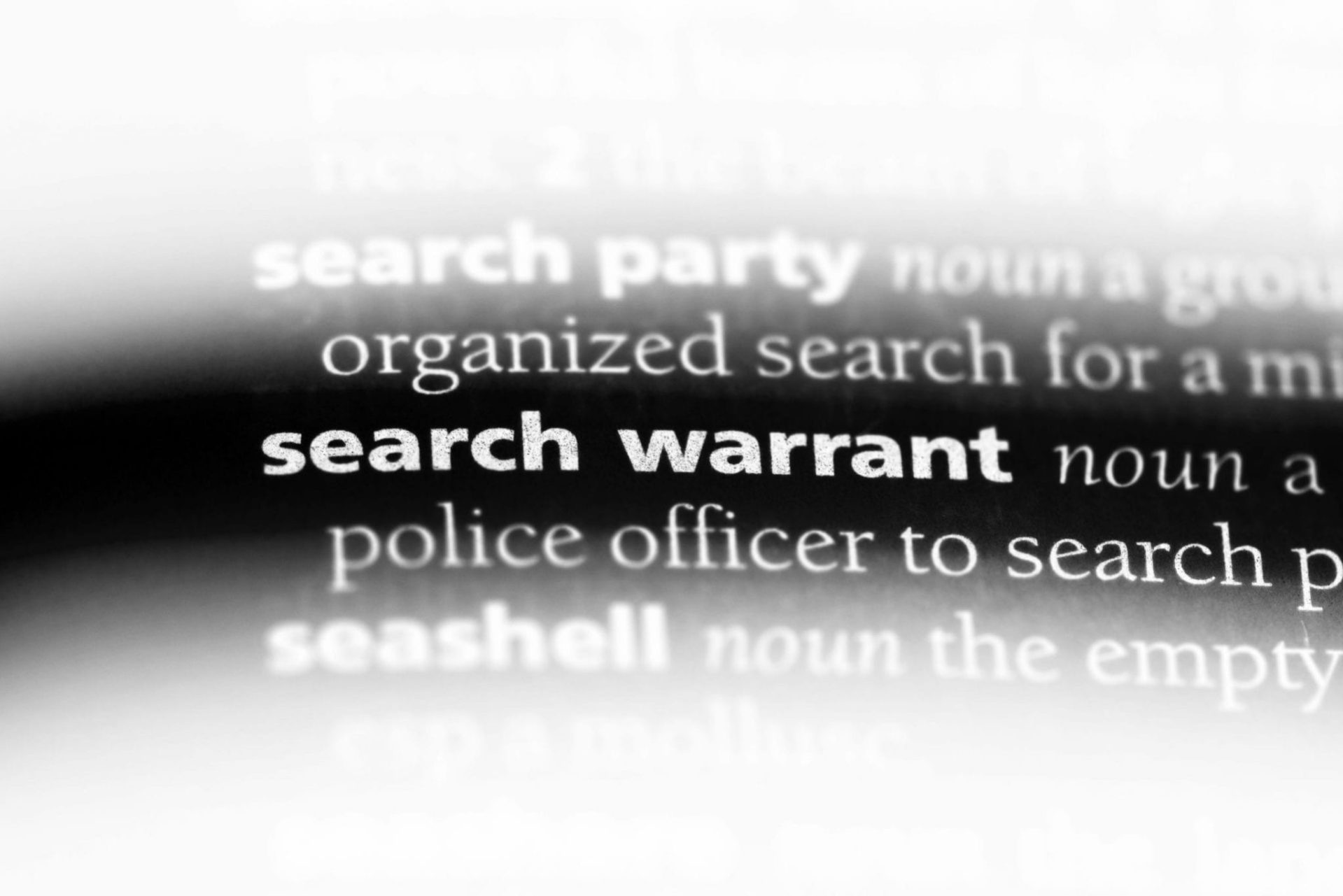Being Investigated for an IL White Collar Crime? You Can Make It Worse
If you have been arrested for a white collar crime in Illinois, you might be feeling a lot of different emotions. Though white collar crimes aren’t violent in nature, the law takes these offenses very seriously. Offenders often face heavy fines and years behind bars for what may have started as a little white lie – or even an accounting mistake.
You may feel the urge to take drastic action to save your skin. You may just want to go about your normal life.
However, during this time, you have to be very cautious of what you do and say. A simple conversation can come back to bite you in court (and be the key to throwing you in jail).
Don’t make these mistakes when you are being investigated for a white collar crime:
Talking About the Case
The only person you should talk to about your case is your Chicago defense attorney. Period. Don’t talk to your friends, colleagues, neighbors, pet sitters, teammates, favorite store clerk – no one but your lawyer.
Remember, anything you say can and will be used against you. If somehow word spreads or someone eavesdrops on your conversation, you could hear your words repeated back to you in court.
Shredding the Evidence
As you’re walking around your office or your house, you might see some incriminating memos. Prosecutors could get a lot of use out of this evidence, and it would be convenient if it just… disappeared…
Don’t think that you can shred or alter evidence without consequences. Prosecutors know what they are doing, and they will find the documents in question (or at least evidence that they existed, which can potentially be even more incriminating). If you are worried about a piece of evidence, take it to your lawyer.
Hiding Things from Your Illinois Criminal Attorney
Your defense lawyer needs to see all the evidence so they know how to fight it. Show your lawyer the good, the bad, and the ugly. Don’t think you can hide anything from them. Everything will come out.
The worst place for your lawyer to discover incriminating information is the courtroom.
Don’t let the prosecutors pull the carpet out from underneath your attorney. Tell them everything they need to know ahead of time. Your lawyer has a duty to keep the information you tell them confidential, so there should be nothing stopping you from laying out the whole truth.
Agreeing to a Plea Deal Without Consulting Your Lawyer
A majority of cases end with a plea negotiation. Prosecutors offer the defendant a reduced sentence in exchange for a guilty plea. Three years for a white collar crime doesn’t seem too bad when you’re facing a 20-year sentence. Despite this, don’t hop onto a plea deal without talking to your lawyer first.
Remember, you are innocent until proven guilty. You have the chance to fight white collar crime charges and walk away from court without a conviction. Even if your lawyer does not think you have enough evidence to walk free, he or she will likely be able to get you a better deal than you are able to secure on your own.
Consenting to Unlawful Search and Seizure

Defendants are not the only people who make errors. Law enforcement can also make the mistake of searching for evidence without a warrant. This is one of the reasons why defendants should consider taking their case to court. If you do not consent to a search and seizure and law enforcement officials do have a warrant to conduct the search, then they cannot gather the evidence they need to arrest or incriminate you.
How do you know when law enforcement officials can and can’t search your person or property? Reach out to your lawyer. They will help you every step of the way and can give more information on how to behave during the investigation.
About the Author:
Andrew M. Weisberg is a former felony prosecutor who now serves as a defense attorney in the greater Chicago area. He has extensive experience in handling all types of criminal cases, from sex offenses and domestic violence to retail theft-related crimes, murder, and drug crimes.







 Blog Home
Blog Home 










